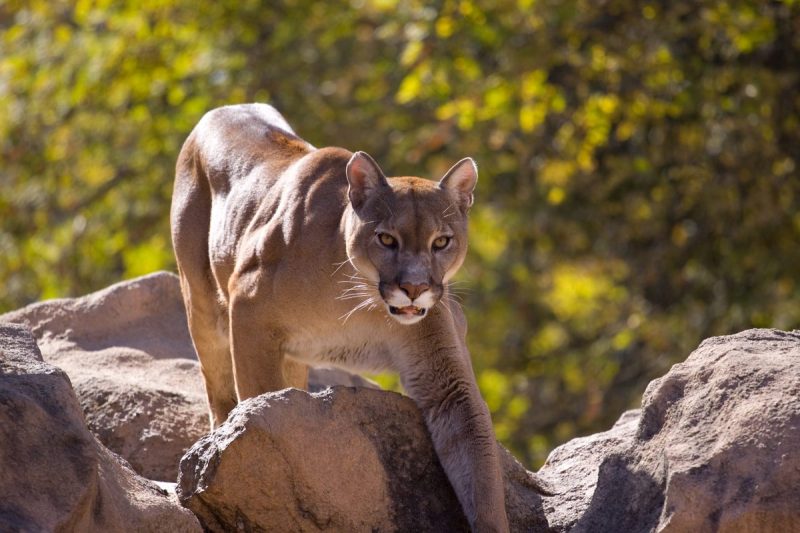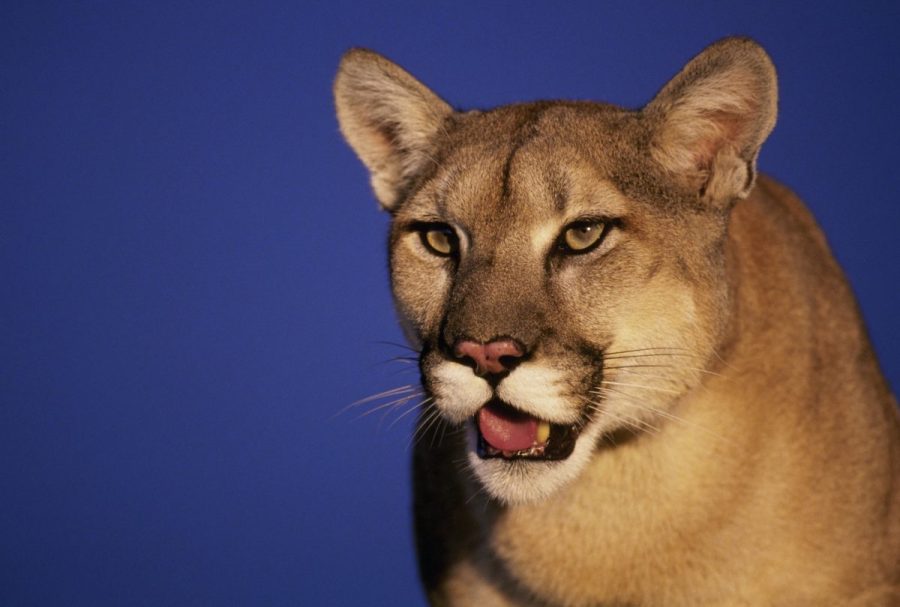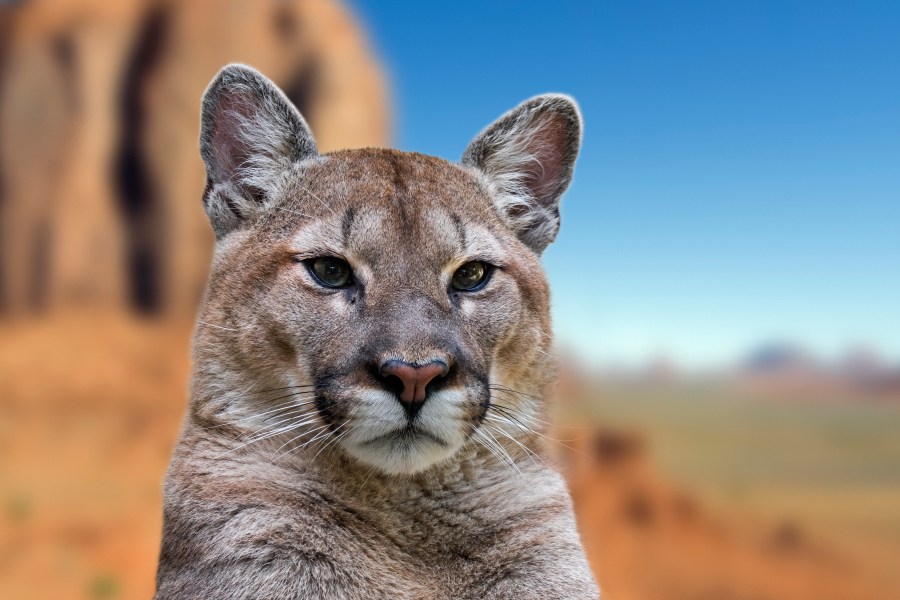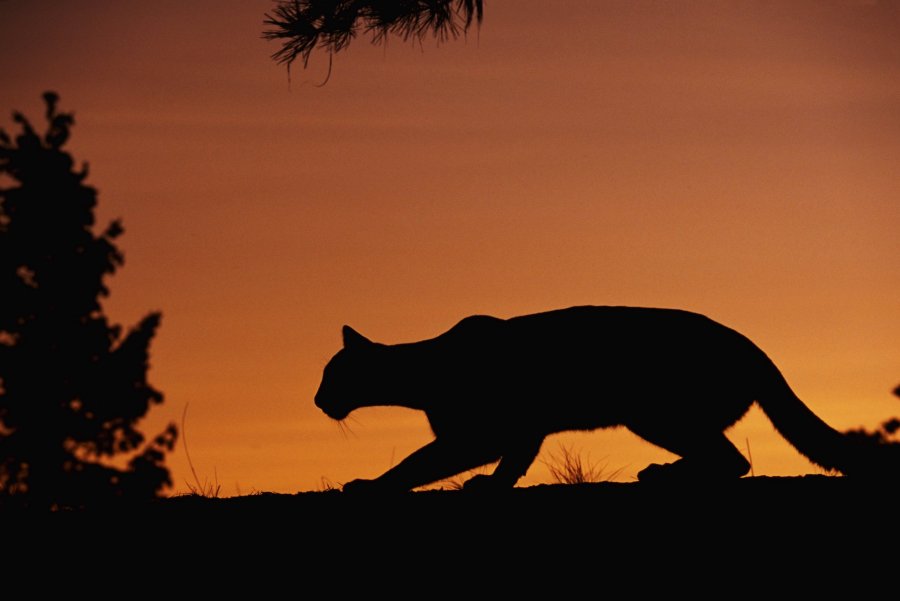Texas to ban ‘canned’ hunts of mountain lions
- 'Canned' hunting involves tracking animals in confined spaces
- Until now, Texas has not regulated mountain lion hunting
- Conservationists take it as a win, while some ranchers are concerned

Close up portrait of cougar
(NewsNation) — The practice of “canned” mountain lion hunts will be outlawed in Texas as the state kicks off its 2024-2025 hunting and fishing season on Sept. 1.
Banning these hunts — which involve tracking down typically captive-bred animals in a confined space, hence the word “canned” — is a step in the right direction for conservationists against the mistreatment of the massive carnivores.
“The passage of these regulations is an important step toward better management of mountain lions in the state,” Richard Heilbrun, the wildlife diversity program director at the Texas Parks and Wildlife Department, said in a statement to the Houston Chronicle.
“The regulations support ethical hunting and trapping practices while continuing to provide flexibility for landowners to manage mountain lions,” Heilbrun added.
The Lone Star State’s new rules will also require trappers who target mountain lions to check their traps every 36 hours.
Violators of either rule will face a Class C misdemeanor, which can result in an up to $500 fine, but no jail time.
Heilbrun told the Texas Tribune these changes are the product of landowners, livestock owners, conservationists, biologists and ranchers coming together.
He also told the outlet that, while the new rules will change some hunting techniques, they won’t forbid ranchers from taking out mountain lions killing livestock.
“Hunters can still harvest a lion, landowners with conflict situations can still take action against it,” he said.
Texas has no limit to hunting mountain lions, a distinct difference from other states which set caps on the carnivores.
But some are still concerned.
The Texas Farm Bureau shared a statement in opposition to the regulations: “This will have a particularly devastating impact on ranches in West Texas where mountain lions are much more prevalent.”














